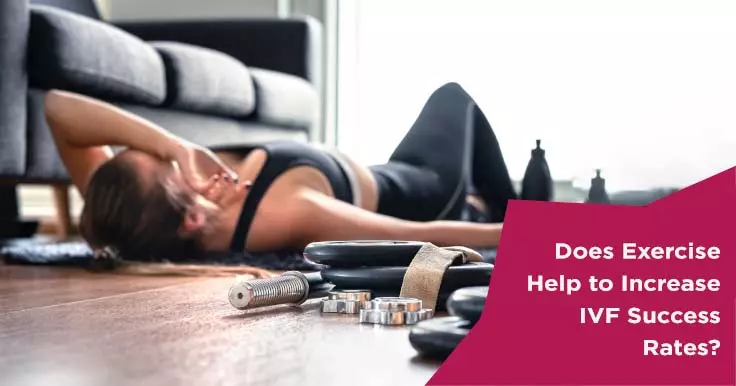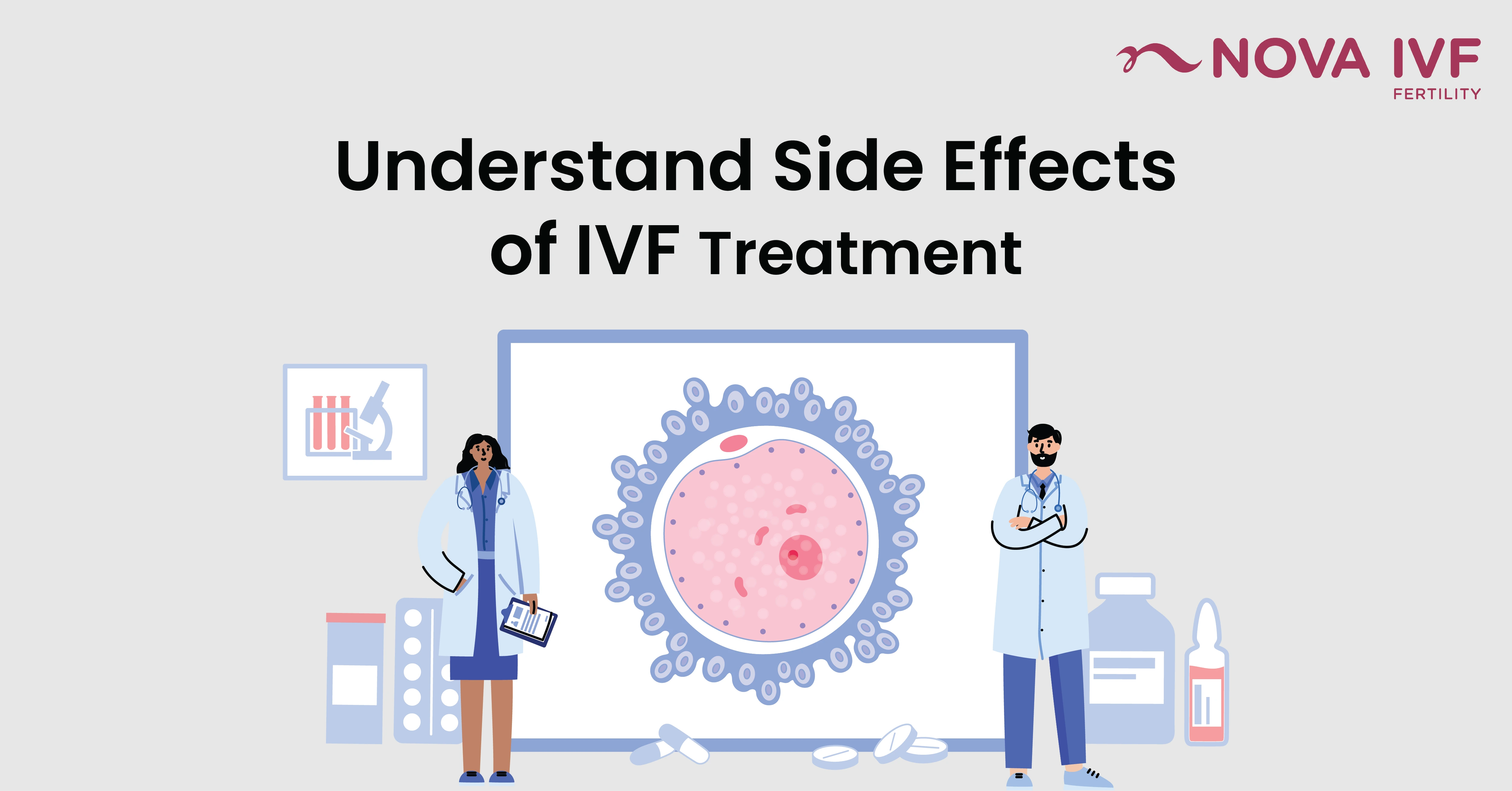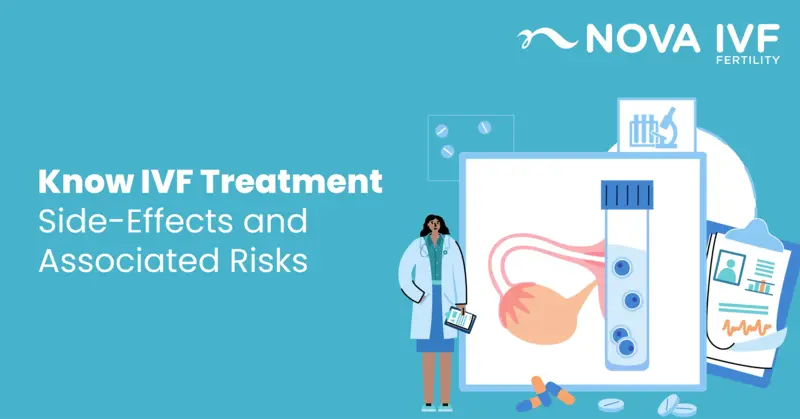The Effects of Exercise on Female Fertility

We’re constantly talking about how important it is to eat right and exercise regularly. However, too much of something can also be bad. This applies to exercise as well. Regular exercising can help maintain healthy fertility rates but over-exercising can have a negative effect on fertility as well.
The Relationship Between Over Exercise and Infertility
Over-exercising can affect fertility in a number of different ways. It causes an energy deficit, hormonal fluctuations and reduces body fat levels. All of these factors can cause infertility. However, the good news is that none of these effect¬¬s are permanent. Merely reducing the intensity and frequency of your workouts can boost fertility levels once again.
Over-exercising and hormonal disruption - Prolonged high-intensity workouts can increase cortisol levels and lower thyroid hormone levels. The reduced thyroid hormone levels affect metabolism and how the body handles stress. Over time, this can also lead to a fluctuation of the production of fertility hormones.
Over-exercising and body fat - Some amount of fat is good for the body and for fertility. Women with low levels of internal body fat and subcutaneous fat often experience menstrual irregularities. The levels of estradiol are also directly related to the fat in the body.
Should You Skip Exercising Altogether?
No, some amount of regular exercise is needed to maintain fertility. Moderate exercises that increase flexibility, build stamina, strengthen muscles and increase blood circulation are essential to prepare the body for pregnancy. These exercises also help remove toxins from the body. One should ideally exercise for about half an hour a day. Brisk walks, swimming, aerobics, Zumba or yoga are ideal for women who are planning a family.
 Infertility Counselling
Infertility Counselling Female Infertility Treatment
Female Infertility Treatment Andrology Treatment
Andrology Treatment Fertility Enhancing Surgeries - Female
Fertility Enhancing Surgeries - Female Fertility Enhancing Surgeries - Male
Fertility Enhancing Surgeries - Male Endoscopy Treatment
Endoscopy Treatment IUI Treatment
IUI Treatment IVF Treatment
IVF Treatment ICSI Treatment
ICSI Treatment Advanced IVF Solutions
Advanced IVF Solutions Embryology
Embryology Vitrification Egg, Embryo, Sperm Freezing
Vitrification Egg, Embryo, Sperm Freezing Preimplantation Genetic Testing (PGT)
Preimplantation Genetic Testing (PGT) Donation Program Embryo / Egg / Sperm
Donation Program Embryo / Egg / Sperm Self-cycleTM IVF
Self-cycleTM IVF

 Self-cycleTM IVF
Self-cycleTM IVF










